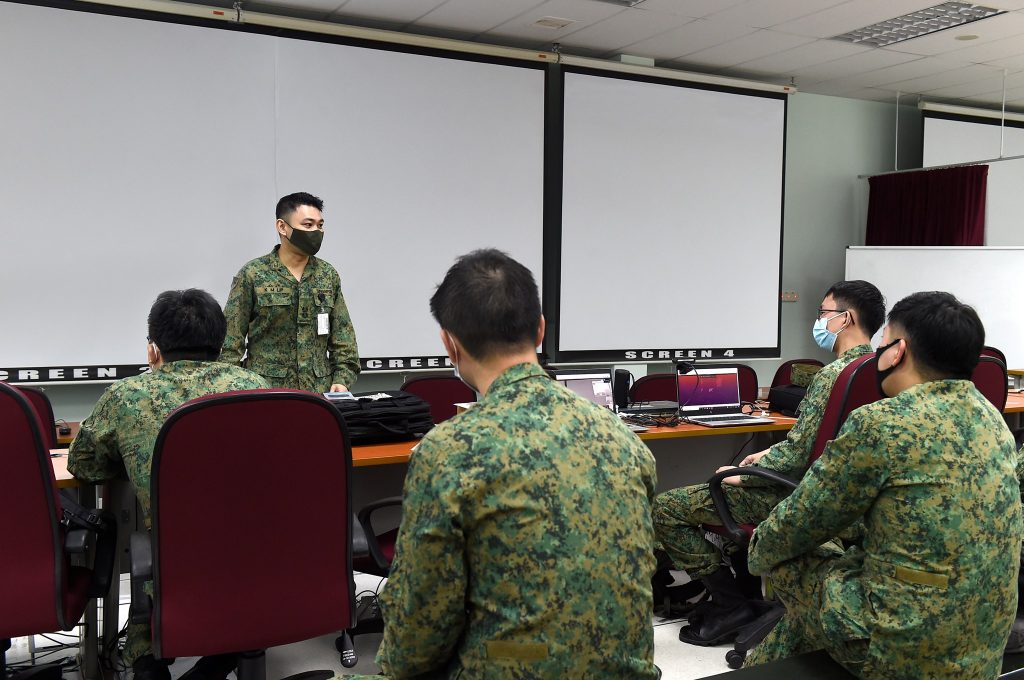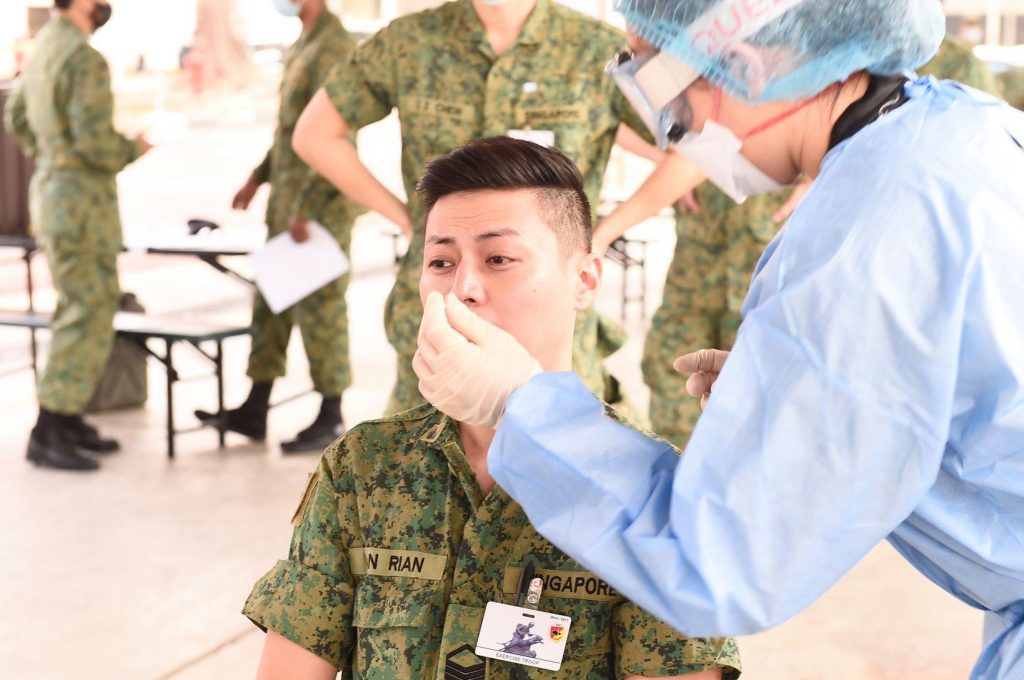On 31 March, the unprecedented happened.
In-camp training (ICT) and IPPT were suspended for a month, due to concerns over the coronavirus outbreak.
This would be akin to NASA announcing that Sun had migrated to another universe and that Singapore would experience winter for the first time.
What’s even more shocking is that it ended up being deferred for several months, and only resumed in a progressive manner in October.
Still, the authorities are taking all the necessary precautions to ensure that NSmen don’t become Covid-19’s latest victims.
No Infection in SAF ICTs So Far & Number of ICTS Conducted is at 50% of Usual Level
If you’ve received an ICT call-up recently, you’re one of the unlucky (or lucky) ones.
According to Senior Minister of State for Defence Zaqy Mohamad, the number of ICTs are currently at about 50% of their usual level.
NSmen are required to undergo tests and must wear masks at all times, except during strenuous training or at meal times.


They must also practise safe distancing.
Fortunately, even though it’s been nearly a month since ICT has resumed, the Singapore Armed Forces (SAF) has not detected any Covid-19 infection so far.

According to Mr Zaqy, SAF will continue to resume more training as testing capacity improves.
Trialing Less Invasive Tests During ICTs
As you’ve likely heard or experienced yourself, getting a Covid-19 nasal swab test is not a pleasant experience.
As one TikTok user said, it’s like “being stabbed in the brain”.
Moreover, it can take quite a while to obtain results for nasal swab tests.

This is why the SAF are trialling less invasive and quicker testing methods, including saliva collection and nasal swabs that only reach partially up the nose.
For the saliva collection, participants simply have to dry gargle and spit into a test tube through a funnel. Nasal swabs are still conducted by medically-trained personnel.
Antigen rapid tests (ARTs) are also being trialled at ICTs as well as other mass public events where participants must test negative before being admitted.
This is because these tests are cheaper, easier to administer, and deliver quicker results, which is vital for large scale events, such as BMT graduation parades.
It isn’t, however, as accurate as a nasal swab or polymerase chain reaction (PCR) test.
300 NSmen have already taken an ART since September, while 400 have participated in the saliva collection trial.
The trial is still ongoing and there is no specified date for the implementation of these less-invasive and rapid tests.
Ever since ICT resumed, both NSmen and their trainers have undergone weekly PCR tests, according to The Straits Times.
Mr Zaqy said that the introduction of these new testing methods shows that the SAF is committed to ensuring that its training environment is safe for soldiers, without compromising on training objectives.
“We want to create that safe atmosphere and environment for our troops to train. But I think what’s more important is that if we’re able to provide that safe environment, we’re able to train at a much larger scale,” he said.




